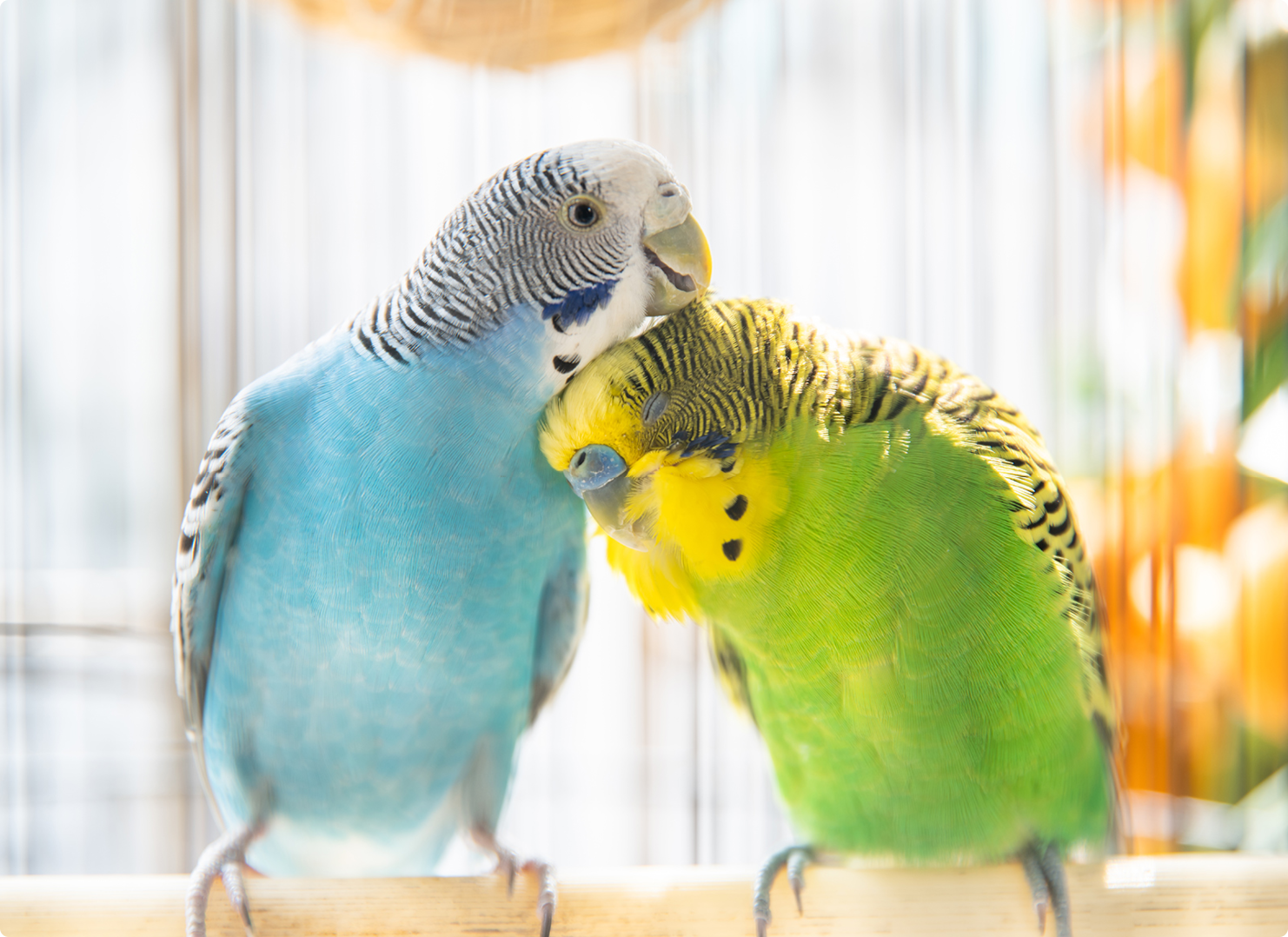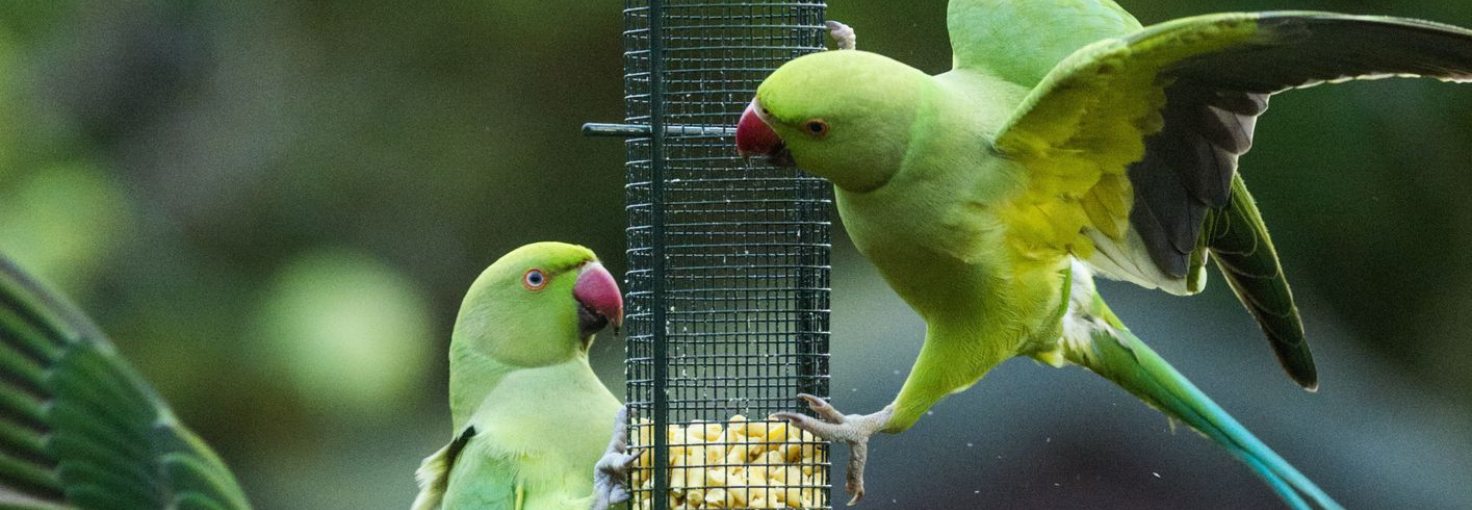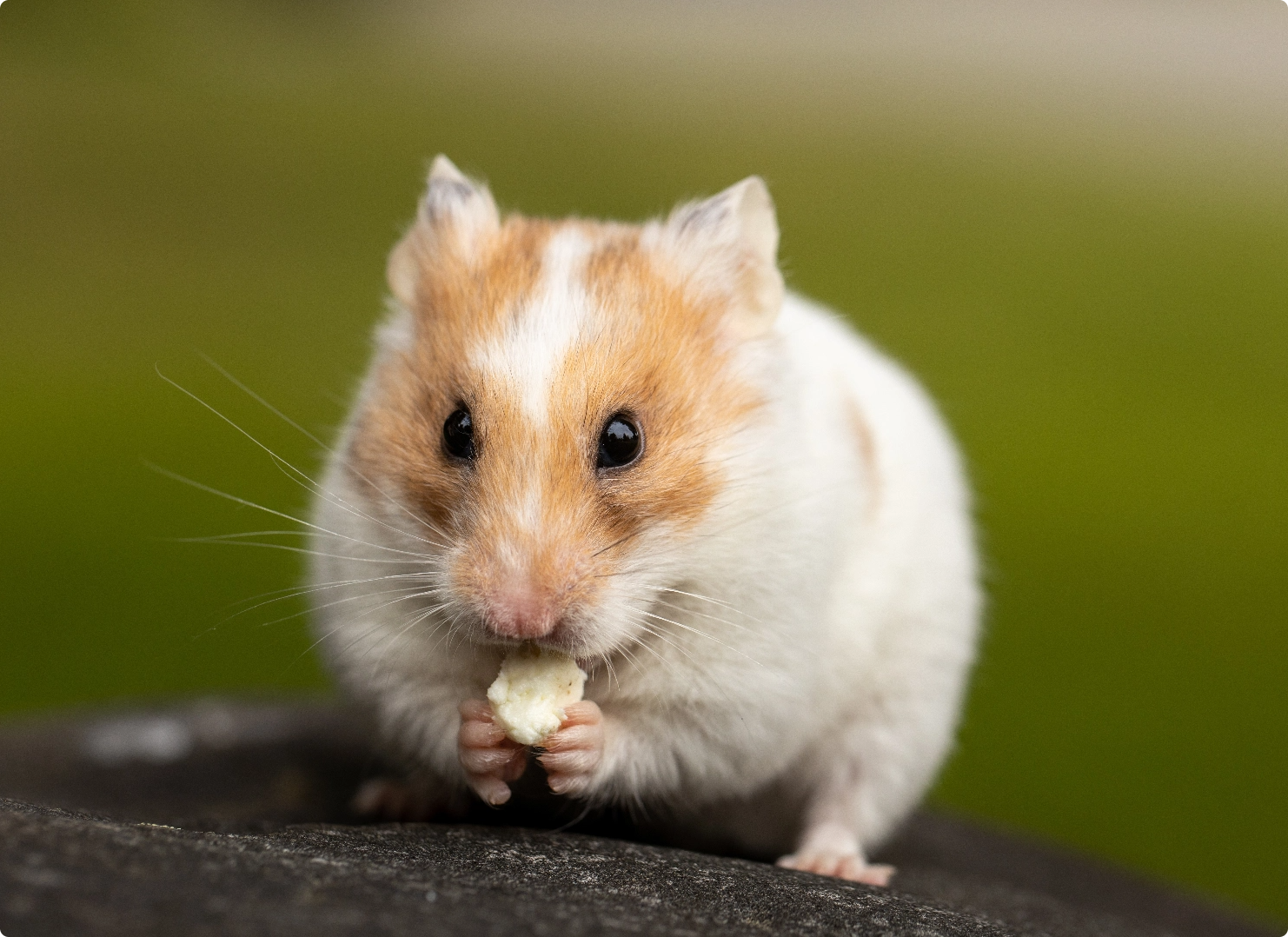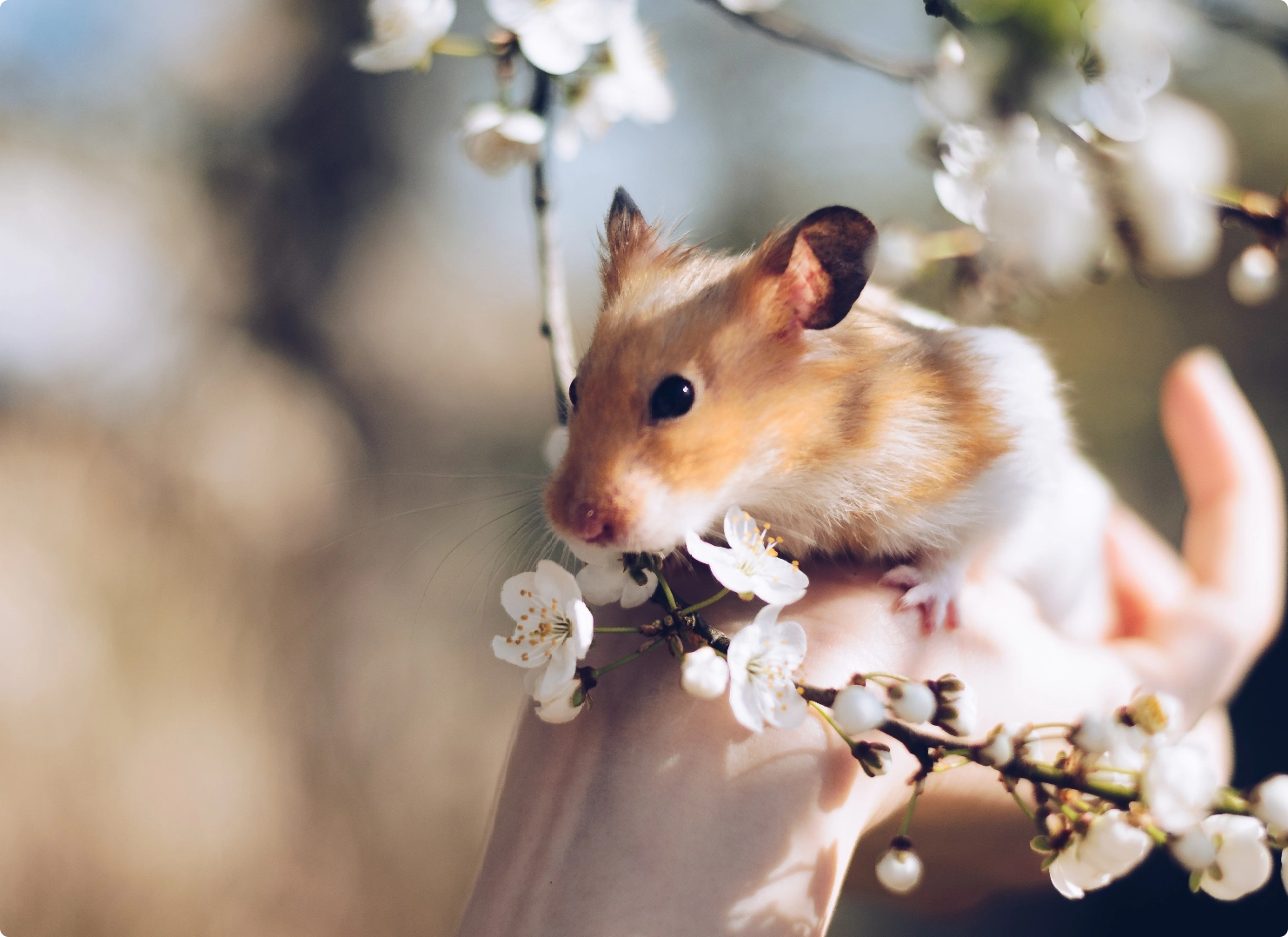
Mental stimulation make your bird happy!



Mental stimulation make your bird happy!
Keeping Your Bird Healthy!
Birds will hide or “mask” signs of illness until they are too weak to do so any more because they are flock animals, and in a flock any sick bird is viewed as being a threat to the safety of the rest of the flock so it’s in their nature to hide symptoms of illness.
This makes picking up signs of illness in early stages very hard and usually by the time a bird looks obviously sick to an owner they are usually extremely sick, this makes annual check-ups and testing extremely important for your pet bird.

![]() Health check-ups are recommended for all newly purchased birds.
Health check-ups are recommended for all newly purchased birds.
![]() Annual check-ups are recommended for all bird species.
Annual check-ups are recommended for all bird species.
![]() Newly introduced birds should initially be quarantined for a period prior to introducing to an existing bird.
Newly introduced birds should initially be quarantined for a period prior to introducing to an existing bird.
Is My Bird Sick?
Signs of illness in birds can be very subtle.
Most birds will start to show signs of illness in a “comfortable” environment, like sitting alone in their cage at home you may notice less vocalization; reduced or lack of food intake, less preening and playing.
The bird may also start to look “fluffed” when not disturbed, their feathers will be fluffed up and they will look sleepy.
If any of these signs are noticed (even if your bird perks up and looks normal when you disturb it), this is the time to go to the vet ASAP. By the time your bird is fluffed most of the time, your bird is extremely ill.
Control Your Bird’s Environment:
Temperature:
A healthy bird can tolerate temperatures that are comfortable to its owner, sudden changes in temperature may be a potential threat to a sick bird.
Humidity:
Pet birds can adapt to a wide range of humidity levels, although birds native to subtropical climates may benefit from occasional increased humidity in the home (e.g., in the bathroom with a running shower, or frequent misting of the feathers with water).
Light and Fresh Air:
Opportunities for supervised access to fresh air and direct sunlight (not filtered through glass or plastic) appear to be beneficial, as long as shade is available.
Hygiene and Grooming:
![]() Routine grooming consists of nail and wing trimming, for healthy birds.
Routine grooming consists of nail and wing trimming, for healthy birds.
![]() Nails are trimmed as needed, when they become sharp and uncomfortable for the owners.
Nails are trimmed as needed, when they become sharp and uncomfortable for the owners.
![]() Wing clipping should be considered carefully, wings are generally clipped to prevent escape or injury in the home, for example to prevent flying into windows or ceiling fans.
Wing clipping should be considered carefully, wings are generally clipped to prevent escape or injury in the home, for example to prevent flying into windows or ceiling fans.
![]() Training is sometimes easier when wings are clipped. However, some owners choose not to clip the wings and allow free flight. The free flight area must be chosen carefully and “bird proofed” to prevent injury.
Training is sometimes easier when wings are clipped. However, some owners choose not to clip the wings and allow free flight. The free flight area must be chosen carefully and “bird proofed” to prevent injury.
![]() During molt, older feathers are lost, and new feathers develop to take their place. As the new feather emerges, the bird may groom at the covering of the feather. This is normal behavior and should not be mistaken for “feather picking” or mites.
During molt, older feathers are lost, and new feathers develop to take their place. As the new feather emerges, the bird may groom at the covering of the feather. This is normal behavior and should not be mistaken for “feather picking” or mites.
![]() Most birds enjoy daily bathing, and spend a great deal of time keeping the feathers in prime condition. Some will bathe in a dish or bowl, some prefer a shower or bathing under the faucet.
Most birds enjoy daily bathing, and spend a great deal of time keeping the feathers in prime condition. Some will bathe in a dish or bowl, some prefer a shower or bathing under the faucet.
![]() Another idea is to offer the bird a large handful of wet lettuce leaves. If the bird resists any form of bathing, a daily misting with clean water will help encourage normal grooming. Plain water is best for misting and bathing.
Another idea is to offer the bird a large handful of wet lettuce leaves. If the bird resists any form of bathing, a daily misting with clean water will help encourage normal grooming. Plain water is best for misting and bathing.
![]() If feathers become unusually soiled, mild baby shampoo, followed by careful rinsing can be used.
If feathers become unusually soiled, mild baby shampoo, followed by careful rinsing can be used.
Bird’s Owner Identification
The majority of birds that arrive in shelters and pounds as a stray are never reunited with their owners because they are not identified.
To avoid the heartbreak of losing your new companion, identify your pet via these forms of identification:
A microchip is permanent identification. Remember to keep your personal details up to date as a microchip is useless if the phone number attached is disconnected! To get your new bird micro-chipped, contact your avian vet.
A leg band stating that your bird is micro-chipped is also a good idea as a visual marker- check with your avian vet whether they have these available.

Why Avoid Fertilization?
Because it is difficult to find enough appropriate homes for these birds, breeding is strongly discouraged. Determine the sex of each bird, and keep males and females separate.





